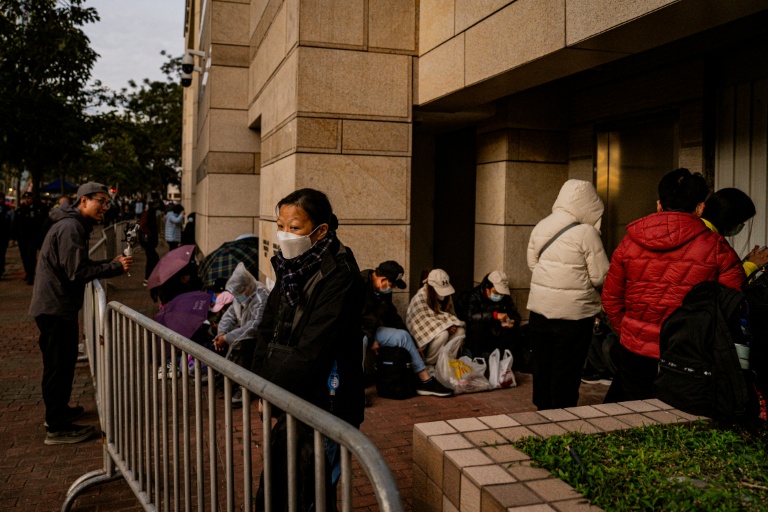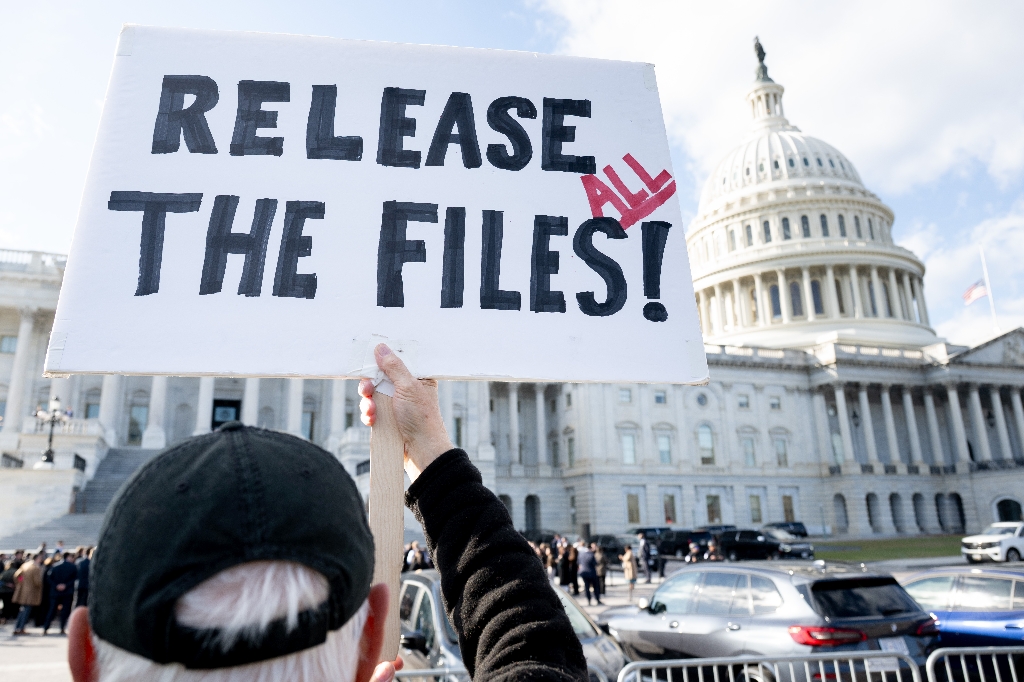(AFP) – US Secretary of State Marco Rubio landed in Guyana Thursday, with an offer to put the newly oil-rich nation under Washington’s security umbrella as border disputes with neighboring Venezuela have intensified. A decade after the discovery of vast reserves, the small South American nation is poised this year to become the world’s largest producer of oil on a per capita basis, outpacing Qatar and Kuwait.
With tensions on the rise between Guyana and Venezuela, whose government Washington strongly opposes, Rubio will sign a memorandum of understanding that outlines security cooperation, according to the State Department. Rubio, who is flying to Guyana after talks with Caribbean nations in Jamaica, will also stop later Thursday in Guyana’s neighbor Suriname, whose own oil production is on the rise.
US President Donald Trump’s administration said it envisioned a relationship with Guyana akin to those with oil-rich Gulf Arab nations, which welcome US troops for their security, with a particular view towards larger neighbor Iran. “The security of Guyana is a key priority for us in the same way that we have been working with countries in the Gulf states to ensure the security cooperation from the regional threats there,” said Mauricio Claver-Carone, the US special envoy on Latin America. “We’ve seen the threats from Venezuela,” he told reporters ahead of the trip. “Obviously, that’s unacceptable and we want to work together,” he said, to “find an agreement towards binding security cooperation.”
Guyana, an English-speaking former British and Dutch colony where the majority of the 800,000 people still live in poverty, has for years had a long-shot movement that has sought to join the United States. Such formal accession is not expected to be discussed, but Trump has made no secret of his passion for expansionism in the hemisphere, even at the expense of traditional alliances. The Republican billionaire has vowed to take control of Greenland from Denmark, with Vice President JD Vance paying a visit Friday that has been criticized by NATO ally Denmark. Trump has also insisted that Washington will “take back” the Panama Canal, and has separately called for ally Canada to be absorbed into the United States.
– Rising oil, rising tensions –
Guyanese President Irfaan Ali, who faces reelection this year, has embraced closer defense cooperation with the United States, including through joint maritime patrols. Venezuela, whose leftist leader Nicolas Maduro has been heavily criticized by the Cuban-American Rubio, has laid claim to Guyana’s Essequibo, which covers most of the country and is the center of oil production. Guyana earlier in March denounced what it called a Venezuelan military vessel’s incursion into its waters. Venezuela denied any violation and requested a meeting with Ali, who dismissed the offer. The parliament in Caracas last year approved a bill to declare Essequibo as Venezuela’s 24th state, a move rejected internationally.
Guyana insists the border was finalized by an 1899 arbitration panel, but Venezuela claims the Essequibo River to the region’s east as a natural border recognized as far back as 1777. The Trump administration has put a high priority on ramping up oil production, seeing both economic and security incentives, and has brushed aside the push by previous president Joe Biden to diversify to renewables to address the planet’s fast-rising temperatures and climate disasters. Texas-based ExxonMobil has taken the lead in oil production in Guyana, which has rapidly scaled up over the past five years. ExxonMobil anticipates gross production from Guyana of 1.3 million barrels a day by the end of the decade, dwarfing current output from Venezuela, whose industry has slumped since the 1990s after mismanagement and US sanctions.
The Trump administration, under pressure from anti-communist Latino lawmakers, has canceled US oil major Chevron’s exemption from US sanctions to operate in Venezuela.
– Shaun TANDON
© 2024 AFP




